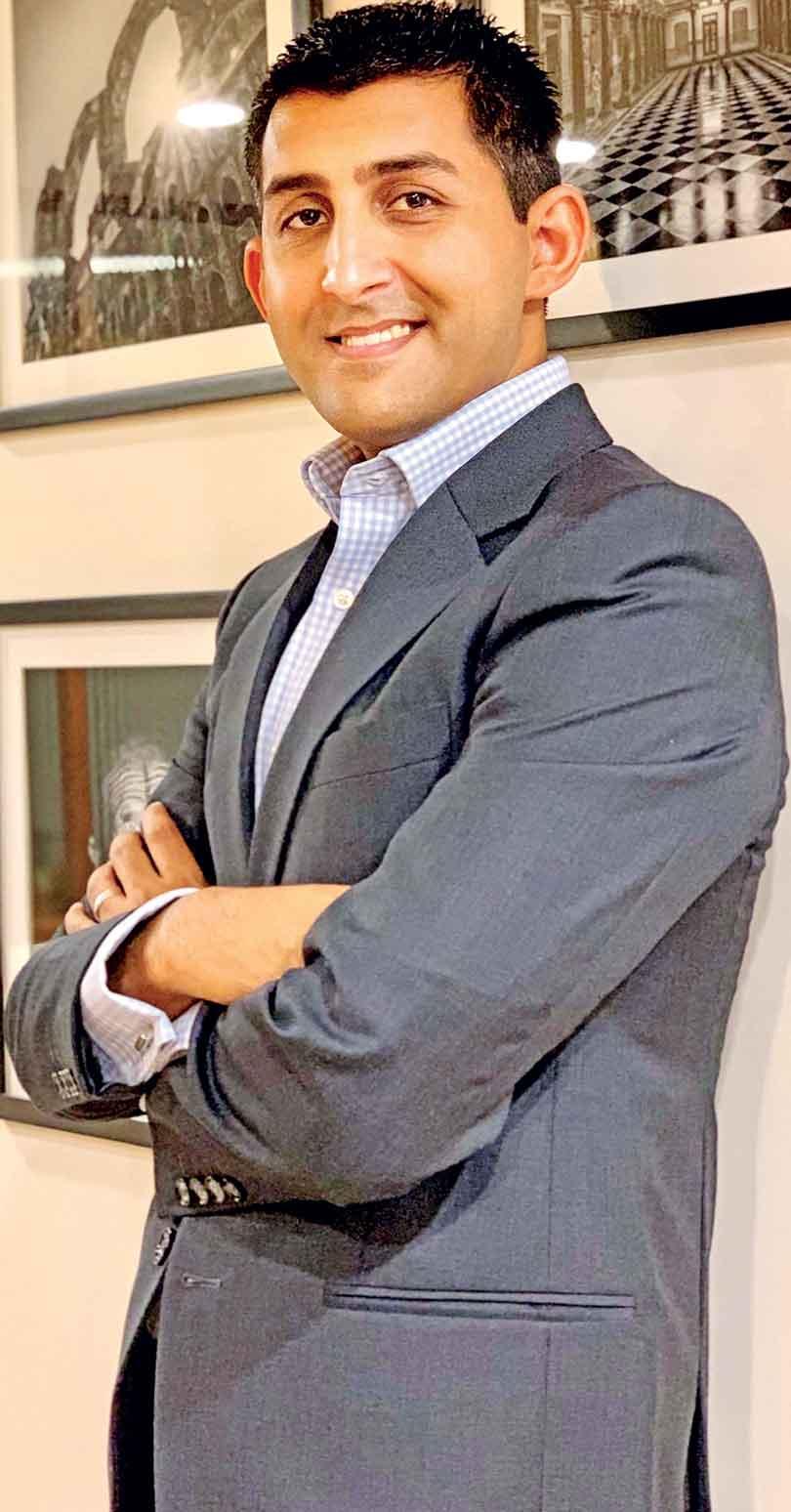

 A few years ago, “biohacking” sounded like something from a sci-fi movie, the stuff of tech labs and elite athletes. But after speaking with Dr. Marcus Ranney, a longevity physician who has worked with everyone from astronauts to high-performing executives, I realized that the real revolution isn’t futuristic at all. It’s already here, living quietly inside our phones, watches, and wearables. AI is no longer just predicting what we’ll buy or watch next, it’s learning who we are biologically. It’s reading the hidden language of our bodies, heart rate, sleep cycles, breath, and even stress patterns. And with every data point, it’s helping us understand what humans have always struggled to master, how to feel better, live longer, and stay sharper.
A few years ago, “biohacking” sounded like something from a sci-fi movie, the stuff of tech labs and elite athletes. But after speaking with Dr. Marcus Ranney, a longevity physician who has worked with everyone from astronauts to high-performing executives, I realized that the real revolution isn’t futuristic at all. It’s already here, living quietly inside our phones, watches, and wearables. AI is no longer just predicting what we’ll buy or watch next, it’s learning who we are biologically. It’s reading the hidden language of our bodies, heart rate, sleep cycles, breath, and even stress patterns. And with every data point, it’s helping us understand what humans have always struggled to master, how to feel better, live longer, and stay sharper.
Your Body, Decoded
Imagine your smartwatch detecting illness long before your doctor would. It still amazes me that technology could protect us before we even feel unwell. A 2024 PLOS ONE study found that wearable data can predict changes in blood sugar and metabolic health better than traditional tests.
Every heartbeat and restless night is data, and now we can finally make sense of it. AI doesn’t just track; it connects the dots, showing how stress triggers cravings or how one poor night’s sleep affects recovery. As Dr. Marcus Ranney said, “Biohacking is simply optimizing your operating system, your physiology and psychology, so you can perform better and live healthier.” That shift from fixing what’s broken to enhancing what already works is where the real promise of AI lies. It’s not about perfection but about learning to listen to what our bodies already know.
Nutrition That Learns You
For decades, diet advice has been one-size-fits-all: eat less, move more, count calories. But AI has turned that logic on its head. A 2024 study in Nature Medicine found that personalized, AI-generated diet plans improved blood sugar and cholesterol more effectively than traditional guidelines. In Japan, algorithms are already crafting adaptive meal plans that shift based on your metabolism and microbiome. It’s not about restriction anymore, it’s about resonance. Food that understands you. Meals designed to sync with your biology, not fight against it. This kind of personalization feels revolutionary because it gives us back something wellness culture often takes away: intuition.
The Five Pillars Still Rule
Even with all the gadgets and data in the world, the foundation of wellness hasn’t changed. I’m reminded of this every time I test a new device or speak with a health expert. Technology can guide us, but it can’t replace what our bodies truly need: sleep, movement, nourishing food, breath, and human connection.
No AI can meditate for you or make you laugh with a friend. These timeless habits are still the real “biohacks.” A 2024 study in the Journal of Medical Internet Research found that people who practiced these five lifestyle habits consistently lived longer, healthier lives with lower risk of chronic illness. It’s a reminder I hold close. AI can measure and guide, but real transformation happens in the quiet, human moments when we rest, move, eat, breathe, and connect with intention.
Staying Human in the Age of Algorithms
There’s something fascinating about watching a wearable decode your body’s rhythms. The data feels powerful, even comforting, but it can also be distracting. Over time, I’ve realized wellness isn’t about perfect scores or tracking every heartbeat, it’s about how we actually feel each day. AI can guide us, but it shouldn’t govern us. It might remind me to rest or move, but it can’t replace instinct or connection. No app can measure the joy of a shared laugh or the calm of a deep breath. For me, that’s what this new era of wellness is about, using technology to understand ourselves better while remembering the most meaningful data still comes from within.
My Takeaway
We’re standing at the edge of something extraordinary, where biology and technology are finally working together. AI is helping us see what we once couldn’t, the subtle patterns of stress, fatigue, and recovery that shape our health every day. Yet even with this progress, the foundations of wellness remain the same: quality sleep, mindful movement, balanced nutrition, deep breathing, and human connection. The future of biohacking isn’t about chasing perfection. It’s about using intelligence, both artificial and human, to live with greater awareness and longevity. This episode isn’t about chasing perfection or becoming robotic; it’s about learning to use technology to understand yourself better. You’ll walk away with practical tools, a new perspective on wellness, and a glimpse of how AI can help you stay healthier, longer while keeping your humanity at the centre of it all.
Tune in to learn how AI is transforming everyday health, the biohacks that truly work, and how to balance smart tech with self-awareness to create your own blueprint for longevity.











